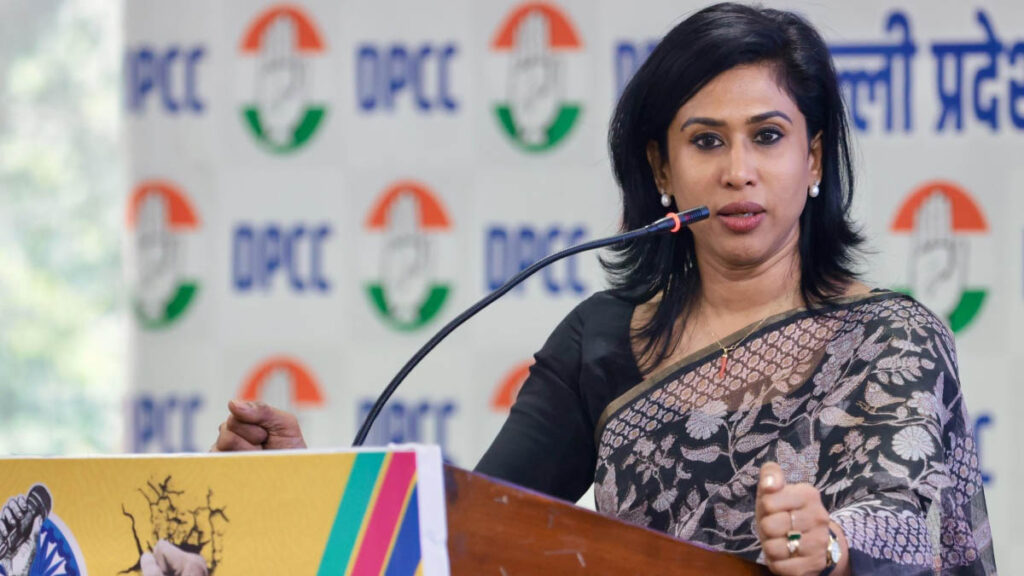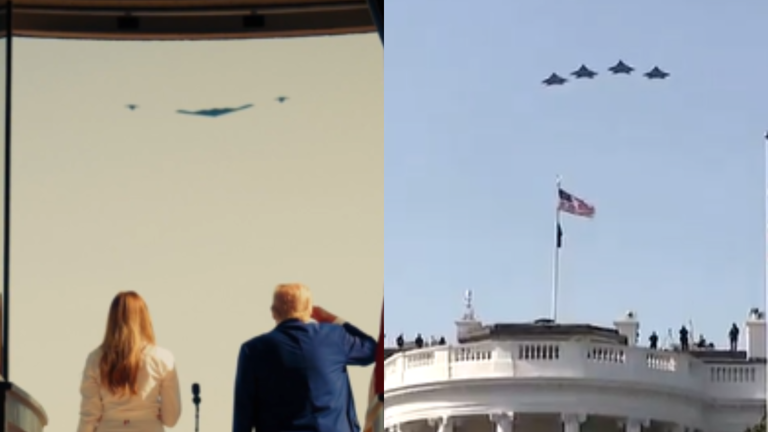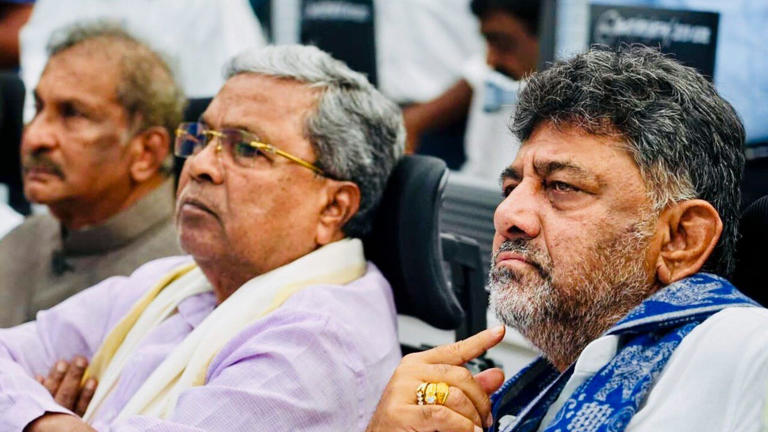The Controversy Over Trump’s India-Pakistan Ceasefire Comments
The fragile peace process between India and Pakistan took a new turn following former US President Donald Trump’s remarks claiming that the United States played a key role in brokering the recent ceasefire between the two nations. Trump suggested that American trade pressure and diplomacy prevented a potential nuclear conflict during the aftermath of Operation Sindoor. However, India quickly dismissed these claims, asserting that the ceasefire was a sovereign decision made independently. In the midst of this diplomatic back-and-forth, Congress National Spokesperson Shama Mohamed criticized Trump for equating India and Pakistan, accusing him of ignoring the stark differences between the two countries—India as a victim of terrorism, and Pakistan as its perpetrator. Mohamed’s comments highlight the ongoing tensions in how global powers perceive and engage with both nations.
Shama Mohamed’s Critique: India vs. Pakistan on the Global Stage
Congress spokesperson Shama Mohamed expressed strong disapproval of Donald Trump’s statements which, in her view, irresponsibly placed India and Pakistan “in the same basket.” She underscored that India has long been the victim of cross-border terrorism, citing events like the 26/11 Mumbai attacks where global solidarity was unwavering in condemning Pakistan-sponsored terrorism.
Mohamed questioned the current geopolitical environment where Pakistan appears to be securing international deals and MoUs, while India seemingly faces diplomatic challenges. Her pointed question, “Why is everybody with Pakistan and not with India?” reflects a frustration shared by many in India who feel the global narrative sometimes blurs the distinction between aggressor and victim in the India-Pakistan conflict.
Her remarks amplify a sensitive debate over how countries and international organizations engage with the two neighbors, particularly in the context of counterterrorism and peace efforts. The underlying concern is that diplomatic and economic partnerships with Pakistan might undermine India’s efforts to hold Pakistan accountable for terrorism.
#WATCH | Delhi | Congress leader Shama Mohamed says, "Trump has put India and Pakistan in the same basket. They are the perpetrators of terrorism, while we are their victims. After 26/11, the whole world was with us, now who is with us? Why is Pakistan getting deals and MoUs?...… pic.twitter.com/RrUS3h6tm3
— ANI (@ANI) June 1, 2025
Trump’s Statements and India’s Firm Rebuttal
Donald Trump claimed the United States played a decisive role in halting hostilities between India and Pakistan, emphasizing US diplomacy and trade leverage as critical tools in achieving the ceasefire. He stated that trade discussions and the threat of sanctions prevented both countries from escalating to a nuclear confrontation.
However, India’s Ministry of External Affairs (MEA) strongly refuted these claims. The MEA clarified that no external mediation or trade pressure influenced India’s decision to observe the ceasefire. According to Indian officials, the cessation of military operations was a sovereign choice, with diplomatic communications occurring but no coercion involved. This official denial is significant, as it reinforces India’s assertion of strategic autonomy in matters of national security and foreign policy. It also reflects India’s sensitivity to being portrayed as dependent on foreign powers for critical security decisions, especially in a context as volatile as India-Pakistan relations.
International Support: Balancing Act Between India and Pakistan
A deeper look at international reactions post-Operation Sindoor reveals a complex web of alliances and interests.
Support for India:
- The United States publicly reaffirmed India’s right to self-defense, with senior officials condemning terrorism and acknowledging India’s sovereignty.
- Key global players like France, Israel, Russia, Japan, and the European Union condemned the Pahalgam terror attack and voiced support for India’s counterterrorism efforts.
- Middle Eastern nations including UAE, Saudi Arabia, and Qatar expressed condolences and condemned terrorism, though they maintain economic relations with both countries.
Support for Pakistan:
- China remains Pakistan’s principal strategic and military ally, providing diplomatic cover and military assistance.
- Turkey offers diplomatic support, while Saudi Arabia and Qatar balance economic ties with Pakistan against their growing relations with India.
- Iran’s stance is cautious, maintaining ties with both but wary of antagonizing either side.
The US and EU have adopted a neutral stance, urging restraint and peaceful resolution rather than overtly siding with either party.
This analysis indicates that while Pakistan retains influential allies, the majority of the global community—including key democracies and regional powers—have publicly condemned terrorism and supported India’s security concerns. The perception that “everyone is with Pakistan” does not fully capture the nuanced diplomatic reality.
Shama Mohamed’s remarks draw attention to a critical issue in India’s foreign relations—the struggle to differentiate itself clearly from Pakistan in the international arena, especially on terrorism. The ceasefire, managed independently by India, showcases the country’s commitment to sovereignty in security matters. Yet, the delicate balance of diplomatic relations involving Pakistan reflects broader geopolitical complexities, where economic interests and strategic alliances sometimes blur lines.





















